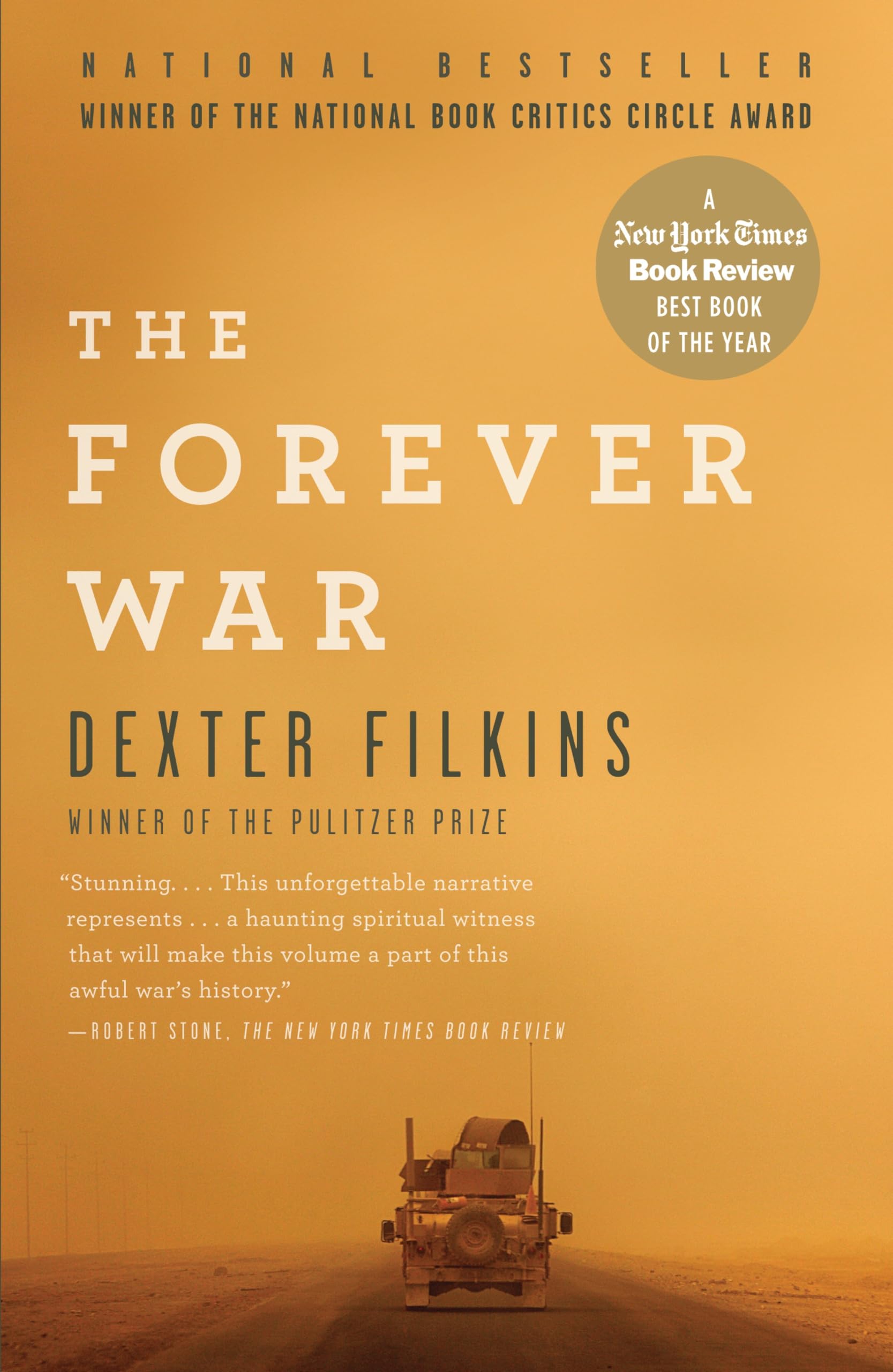Customer Services
Copyright © 2025 Desertcart Holdings Limited


Full description not available



S**U
One of the most compelling books about the wars in Afghanistan and Iraq
One of the most compelling books about the wars in Afghanistan and Iraq ,authored by Dexter Filkins. It's striking how he managed to survive as a war reporter, meticulously taking notes while bullets whizzed by and bombs detonated around him. This powerful narrative captures the raw emotions of tears and bravery, paired with intelligence and unwavering faith. It also delves into themes of disappointment, hope, and the relentless search for peace. Filkins' remarkable journey offers a profound and gripping insight into the complexities of war...A page turner..
�**�
Very well written
Dexter Filkins has written an amazing account of the Afghanistan and Iraq wars.
P**V
Damaged book
The book was crumpled a bit and it red mark drawn over the bottom, usually a sign that it's second hand. Bit of a letdown.
Trustpilot
5 days ago
2 weeks ago
2 weeks ago
2 weeks ago